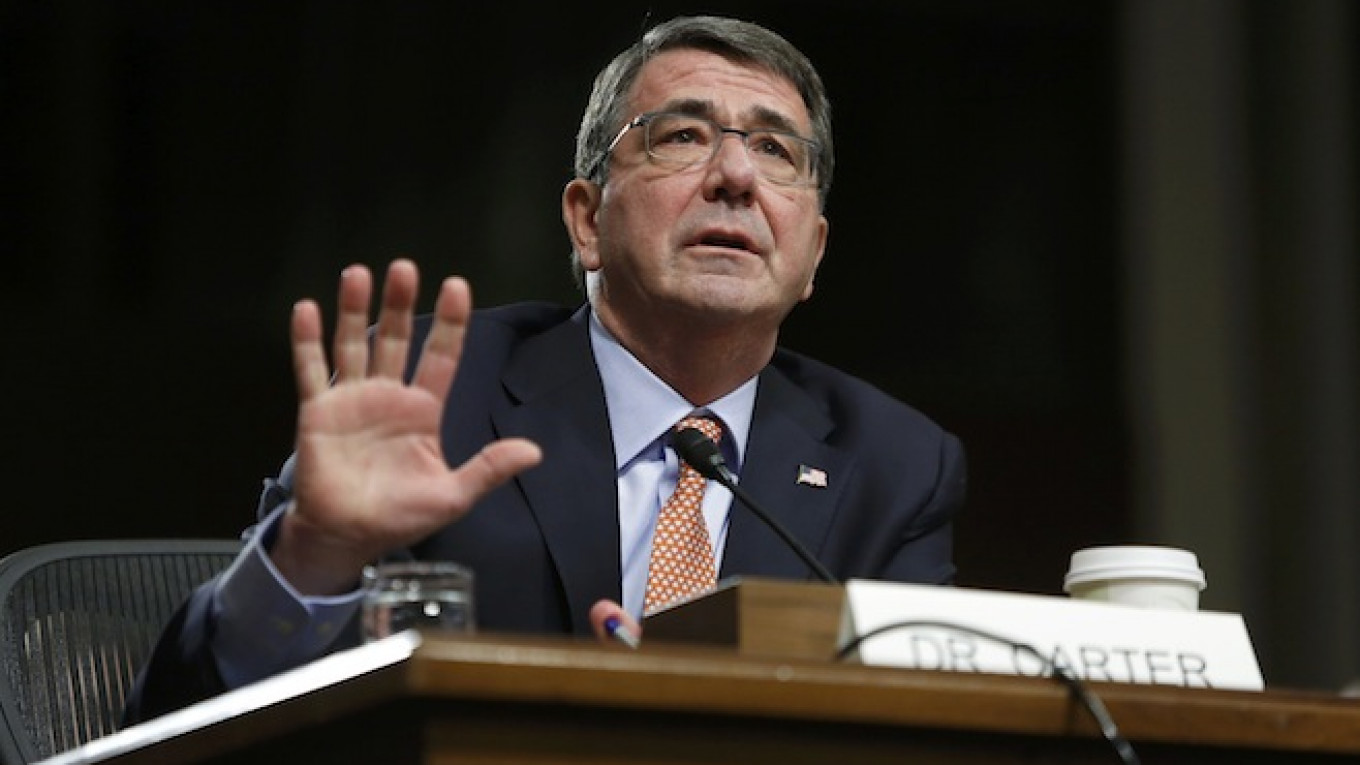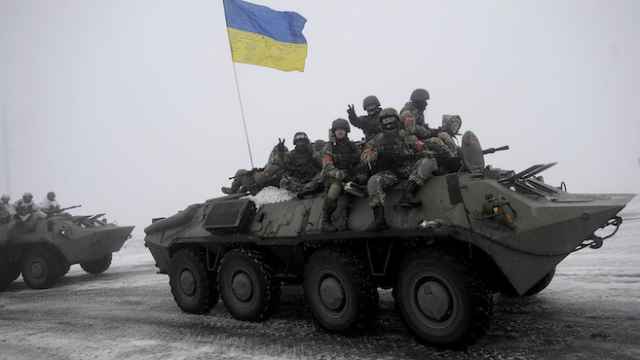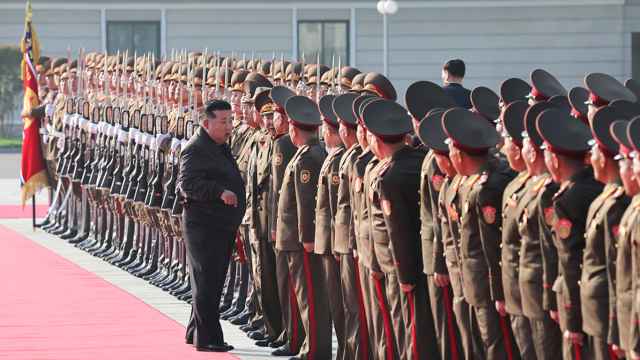President Barack Obama's nominee to become the next U.S. defense secretary said Wednesday that Russia needed to be reminded that a Cold War-era arms control agreement was a "two-way street" and that Washington could respond to any violations.
Washington and Moscow have long questioned each other's commitment to the Intermediate-Range Nuclear Forces (INF) treaty. It eliminated nuclear and conventional ground-launched ballistic and cruise missiles with a range of 300-3,400 miles near the end of the Cold War.
Ashton Carter, a former Pentagon No. 2 who is expected to win swift Senate confirmation, said the United States has a range of actions it could take, including defensive and deterrent steps, if Russia violates the treaty.
"I think you have to remind Russia that this was a two-way street," Carter said at his Senate confirmation hearing.
"If you don't want to have that treaty, well then you're absolved from your restrictions in that treaty, and we are too."
The United States has said Moscow's testing of a ground-launched cruise missile violated the 1987 Intermediate-Range Nuclear Forces treaty. Russia argues that Washington's use of drones and other intermediate-range arms amounts to a violation.
Relations between the two countries are at their lowest since the Cold War because of Russia's role in the crisis in Ukraine.
Carter told the Senate Armed Services Committee he would "very much incline" toward supplying defensive arms to Ukraine, adding the United States needed to support the country's efforts to defend itself against Russian-backed separatists.
U.S. officials are taking a fresh look at providing weapons, which advocates say could help end the conflict in Ukraine but opponents warn might escalate the war.
"The nature of those arms, I can't say right now," Carter said at his Senate confirmation hearing. "But I incline in the direction of providing them with arms, including, to get to what I'm sure your question is, lethal arms."
After a break in the hearing, Carter was pressed about the risks of escalation. He said: "I think the economic and political pressure on Russia has to remain the main center of gravity of our effort in pushing back."
Washington is keen to maintain solidarity on Russia with Europe, some of whose leaders, including Chancellor Angela Merkel of Germany, strongly oppose arming Ukraine.
The United States has provided some non-lethal military equipment to Ukraine but has not sent arms, saying it does not want to be drawn into a proxy war with the Russians.
A Message from The Moscow Times:
Dear readers,
We are facing unprecedented challenges. Russia's Prosecutor General's Office has designated The Moscow Times as an "undesirable" organization, criminalizing our work and putting our staff at risk of prosecution. This follows our earlier unjust labeling as a "foreign agent."
These actions are direct attempts to silence independent journalism in Russia. The authorities claim our work "discredits the decisions of the Russian leadership." We see things differently: we strive to provide accurate, unbiased reporting on Russia.
We, the journalists of The Moscow Times, refuse to be silenced. But to continue our work, we need your help.
Your support, no matter how small, makes a world of difference. If you can, please support us monthly starting from just $2. It's quick to set up, and every contribution makes a significant impact.
By supporting The Moscow Times, you're defending open, independent journalism in the face of repression. Thank you for standing with us.
Remind me later.






